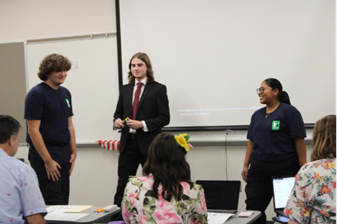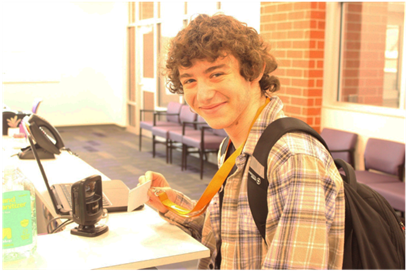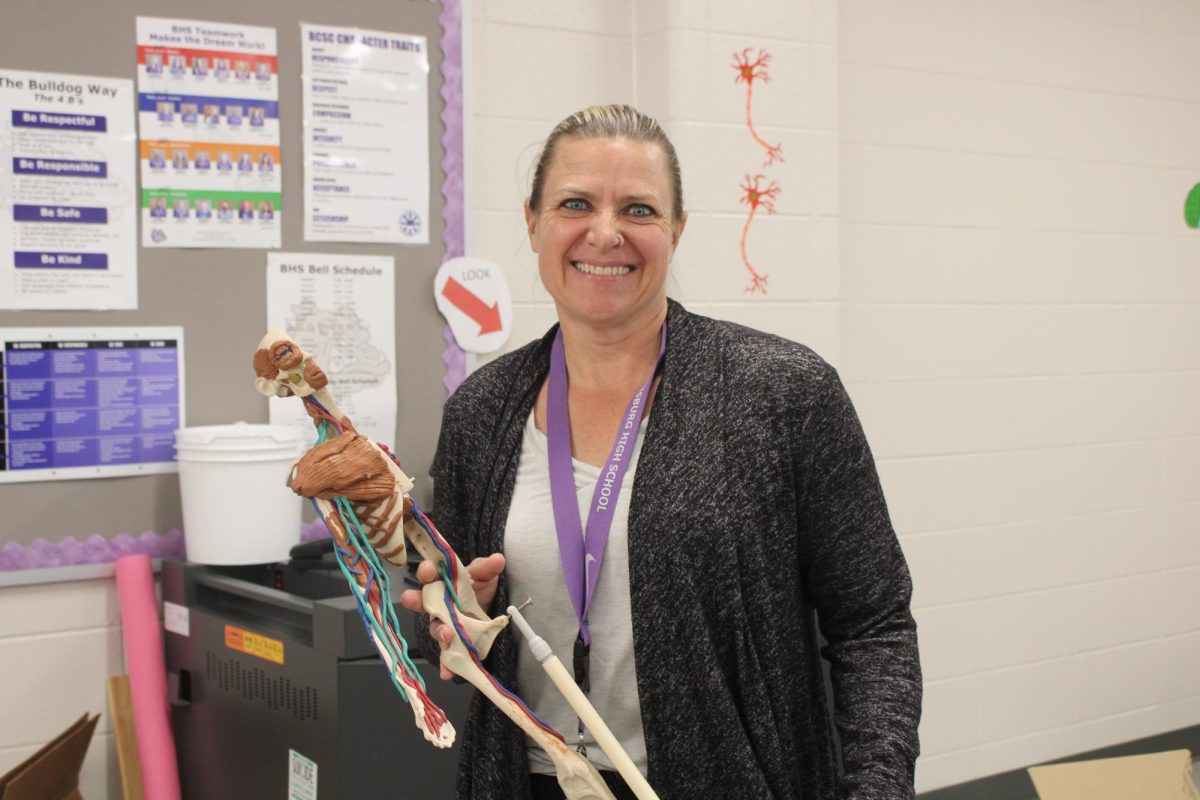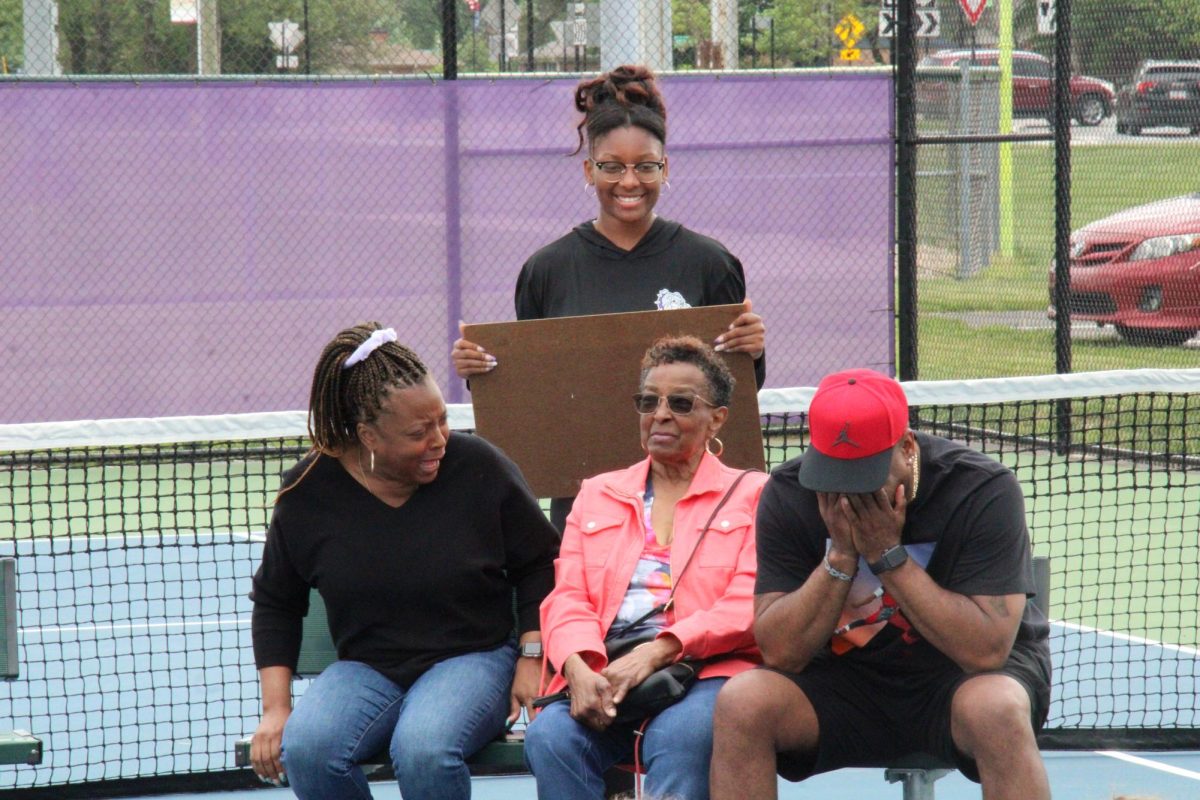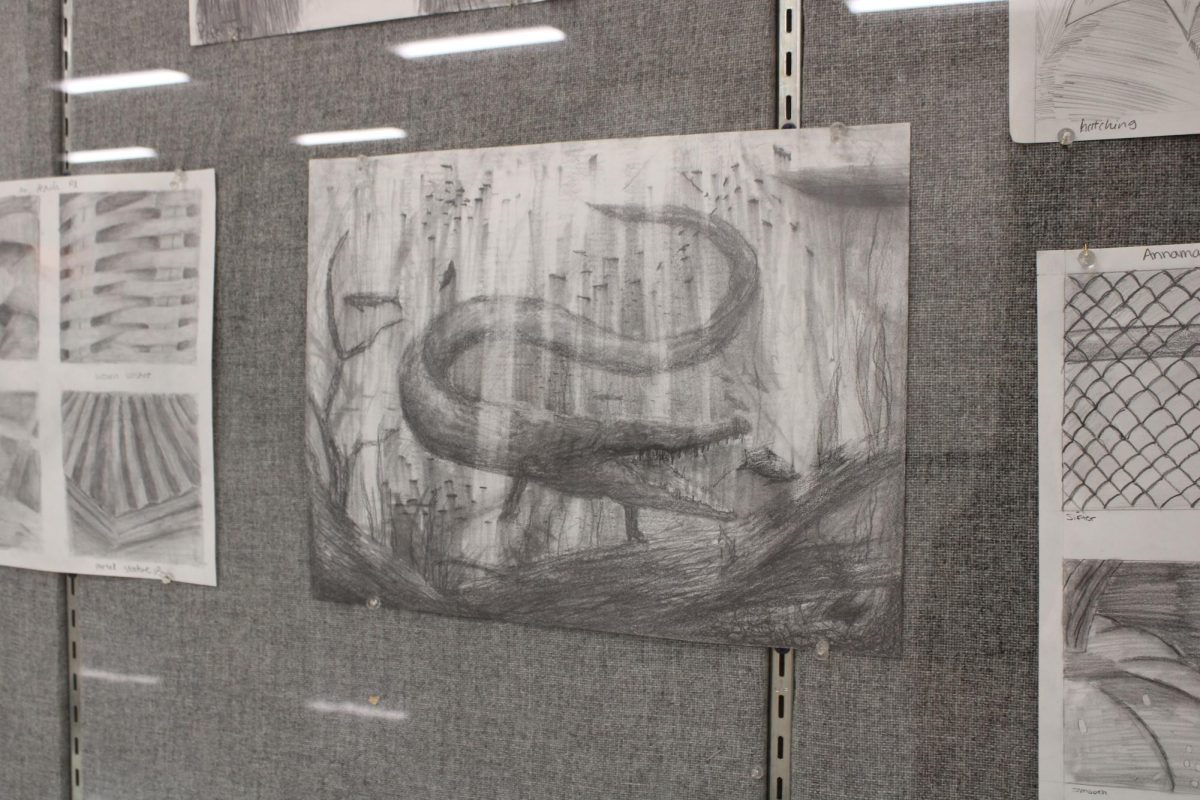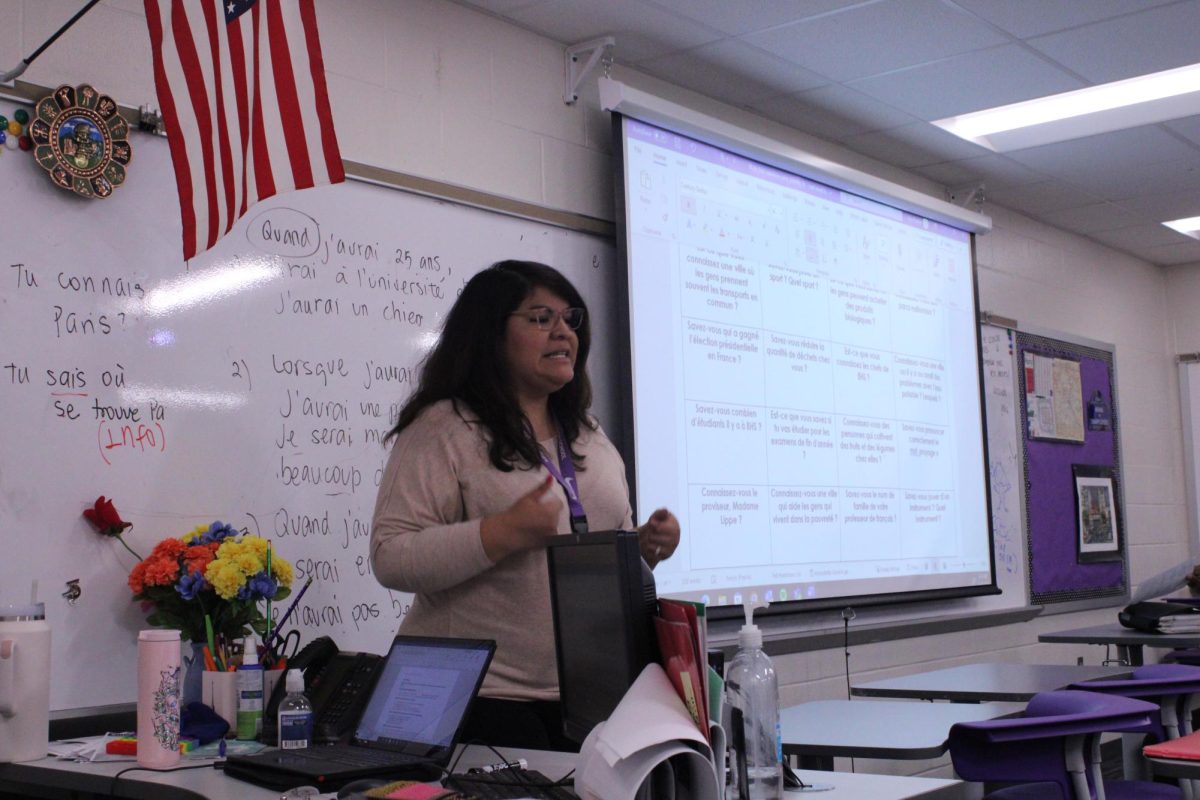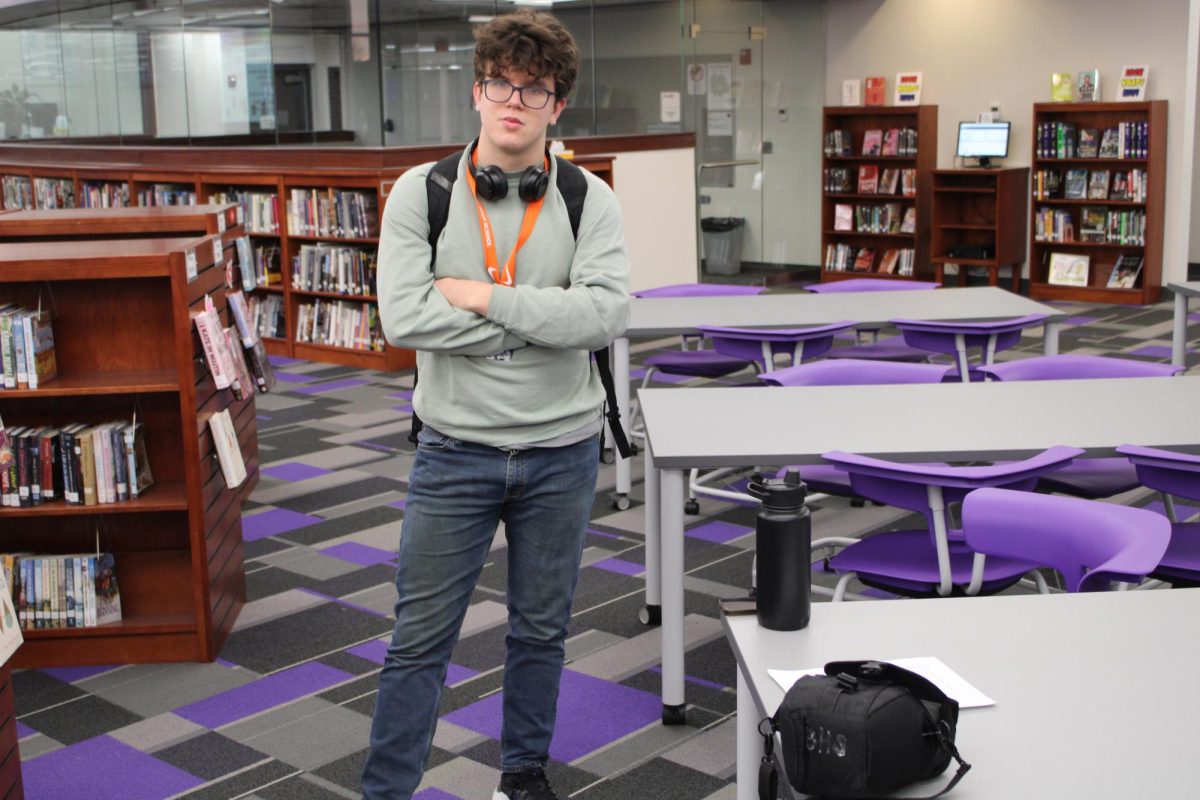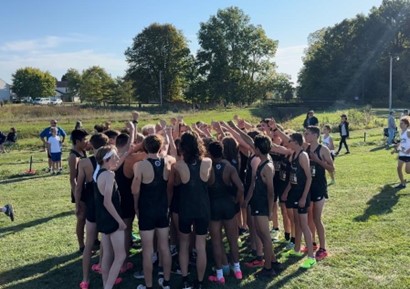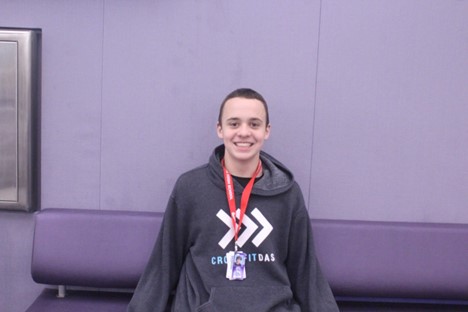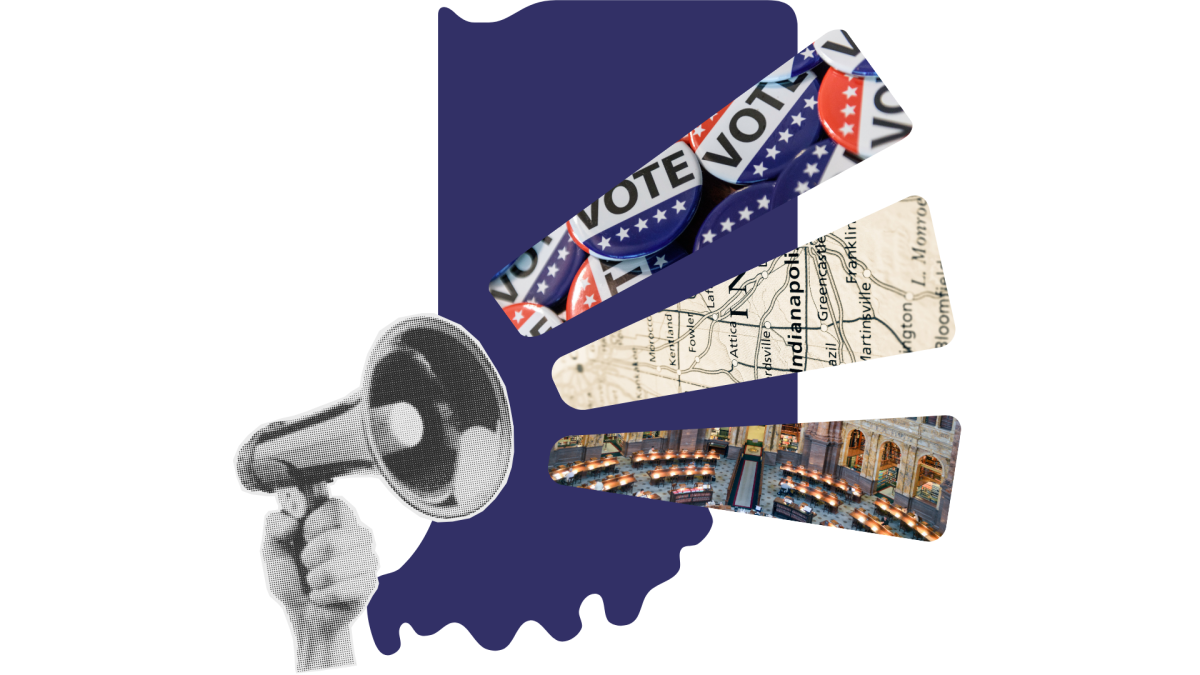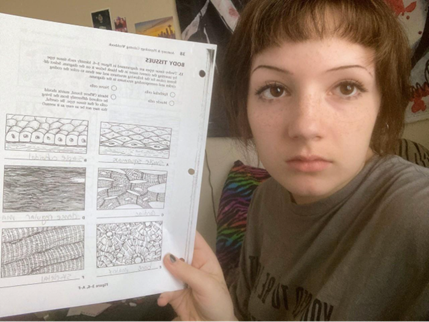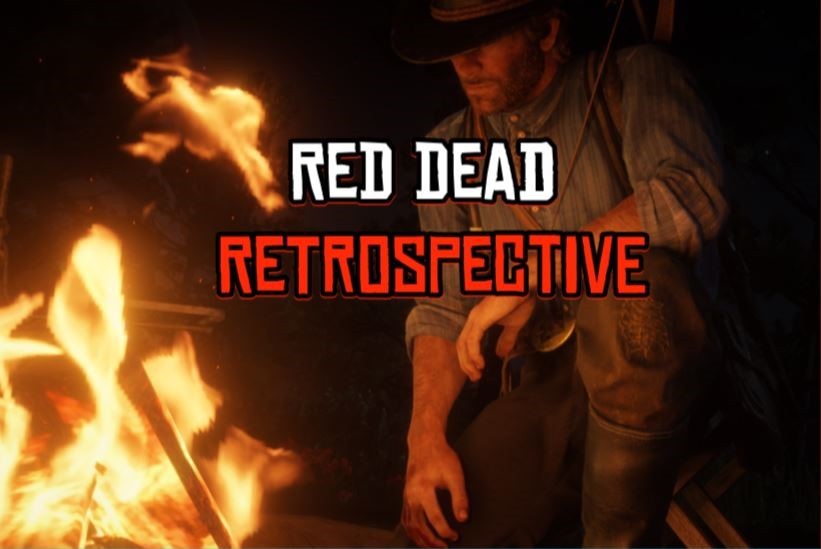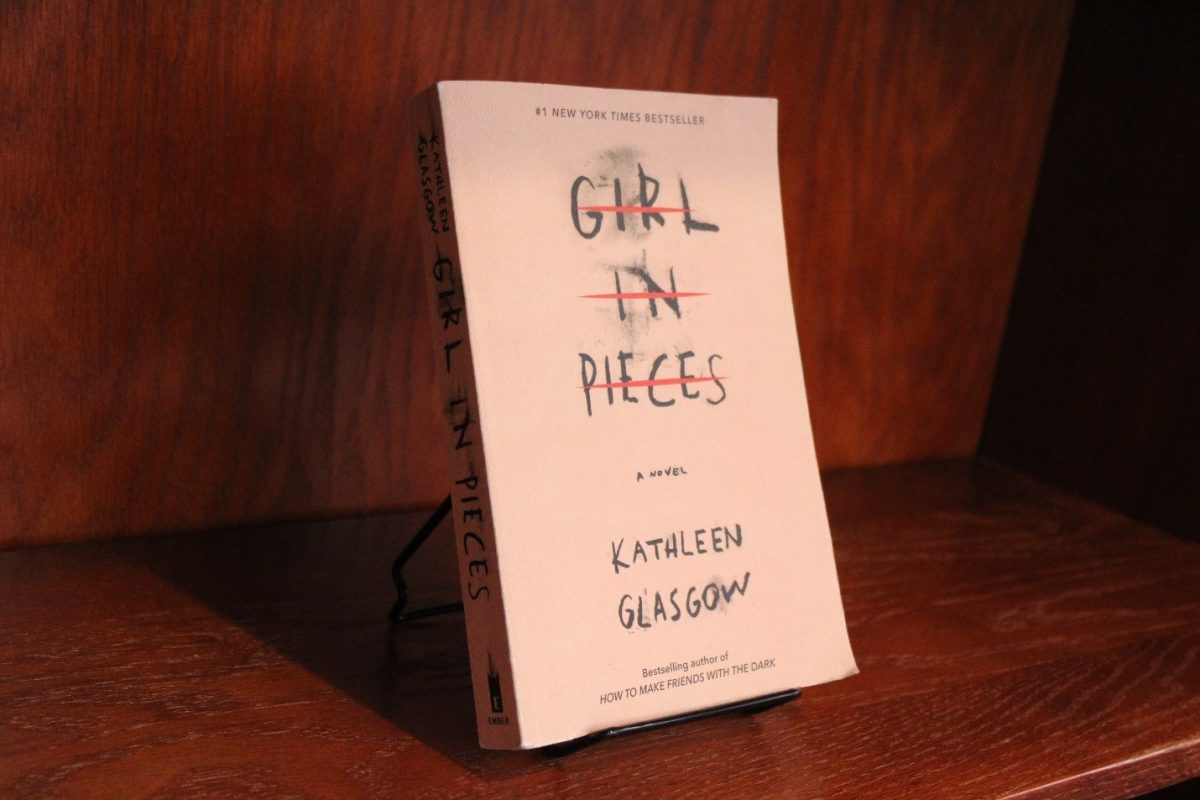About one in five people have dealt with or have anxiety. Although there are a good number of people with mental health illnesses/disorders, there are still many people that don’t have a good understanding of mental health. Kathleen Glasgow does a fantastic job portraying the journey of a young, broken girl with mental health disorders, helping destigmatize the stereotypes of mental health. This novel isn’t like most YA mental health novels. There are many things that a lot of people can relate to, no matter how big or small. Girl in Pieces is an amazing literature piece the accurately portrays living with some type of mental disorder and the effect it has, the way the characters build off each other and each have a role in moving the plot along, and the reality of the traumatic experiences that can cause people to develop these mental health disorders.
In these YA mental health books, there tends to be a few extra characters that are just placeholders for pages, that don’t have much contribution to the story. Glasgow does an excellent job at making sure she includes enough characters, but not any more than necessary. Both the big main characters and the minor side characters play a crucial role in the book. Whether it’s giving a comedic relief or showing how certain characters develop and interact with others, they all have a purpose. Glasgow also doesn’t just throw them all together in hopes it will make sense, but instead her characters build off each other in a way that seems realistic and not too surreal. As an example, two major characters named Charlotte (Charlie) Davis, who is the main character and the one whose journey the reader follows, and Riley West, a major character. Charlie ends up meeting and they build off each other in a majorly crucial way. Charlie is a girl who is trying to change her life and better herself, whereas Riley is an alcoholic with other addictions with no plans to change himself at all. Even though they both are on different sides on what they want to carry out for themselves, they both still gravitate towards each other, eventually leading to conflict. This conflict helps not only Charlie’s character development, but also with Riley’s development. Another character that Charlie meets earlier in her journey is named Bethany Stinson, better known as Casper. Casper is one of the more minor characters, but still plays a crucial role. She was one of the therapists at the hospital that Charlie was admitted to. Even though she doesn’t get brought up for an extensive amount of time, the advice she gives Charlie sticks with her and helps her development as a character, especially with navigating life after all she went through.
Glasgow does a fascinating job at not sugarcoating the experiences that Charlie or the others went through that made them turn out the way they did with the struggles they had. That said, it is important to keep in mind that Glasgow does not refrain from the reality and truth some people face, it can be considered triggering for some people. She doesn’t go into excruciating detail, but nonetheless doesn’t soften the reality of the experiences and situations the characters went through. Some of the topics that are included in the book are handling addiction, losing a friend to their mental health problems, and going through several types of abuse and neglection. Now, although these topics make the book difficult to read for some people, the fact that Glasgow is straightforward with these different experiences brings awareness to some of the horrors that people face, no matter how big or small. She also shows how all these individual events can eventually wear down on a person, leading into a spiral that can leave lasting negative effects if not intervened.
The third aspect that Glasgow did well with in her book is accurately portraying aspects of having and living with different mental disorders. She is very inclusive with the different experiences all the different characters went through and the way they each dealt with it, that the reader can almost always relate to one part of it, no matter their own story or how significant or insignificant the part they relate to may seem. She also didn’t hesitate to not only put in the positive outcomes, but also the rocky journey it takes to get that outcome. She includes both the difficulty Charlie went through of trying to rebuild her life, relapsing back into unhealthy habits, and re-breaking them to better herself and finding a support system, leaving her addictions behind, and focusing on herself and how to take better care of her mind and body. It’s easy to either only see the positive outcomes of bettering oneself from a dark time and ignore the journey it took to get there, or to be blinded by the hardships the events in a person’s life brought, leading to blocking the recovery process or not being fully content with where a person is at in life. Glasgow did a beautiful thing with writing this book to show all sides of a difficult mental health journey and executing it in a way that is not only inclusive, but also bring accurate awareness into a heavily stigmatized topic.
